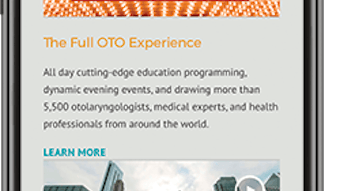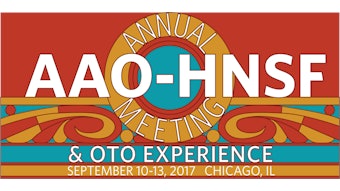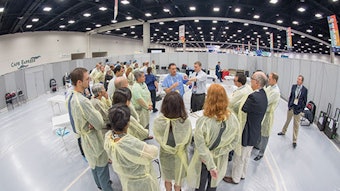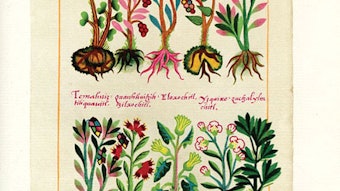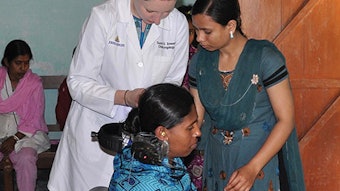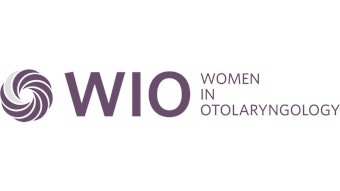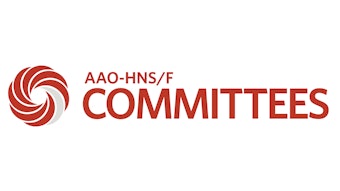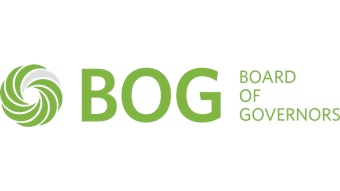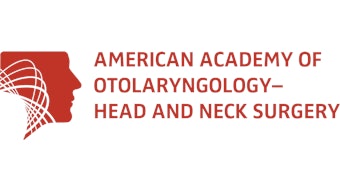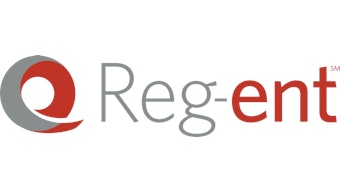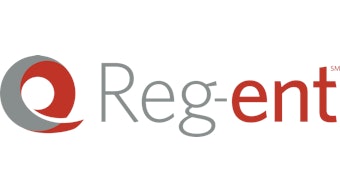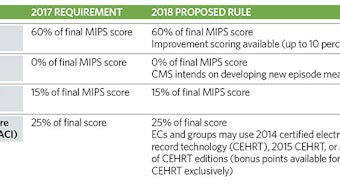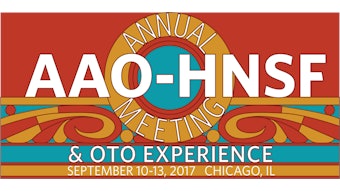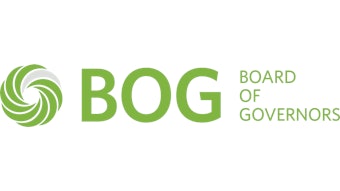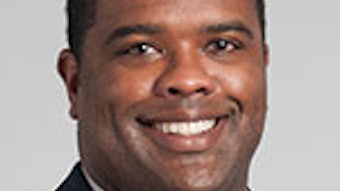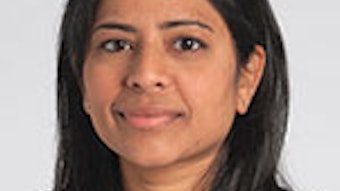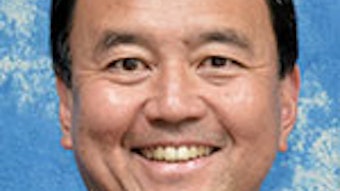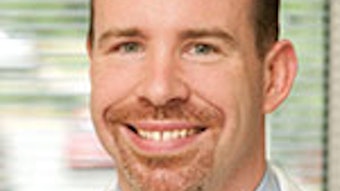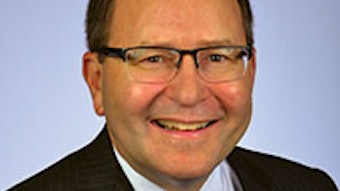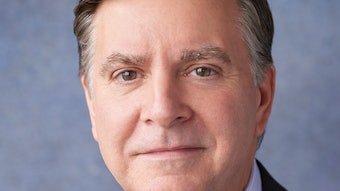Mayflower Medical Outreach and Nicaragua
Nearly 20 years ago, a group of Oklahomans led by James E. Saunders, MD, established Mayflower Medical Outreach (MMO), a nonprofit organization with the aim of improving otologic care for the citizens of Nicaragua.
Kathryn Y. Noonan, MD
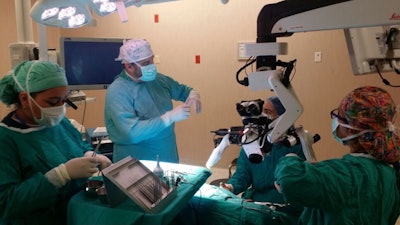 James E. Saunders, MD, intraoperatively teaching Nicaraguan residents and physicians.
James E. Saunders, MD, intraoperatively teaching Nicaraguan residents and physicians.
Over the years, the MMO team has developed bonds with local physicians to help respond to Nicaraguan hearing health needs and continuously expand upon their mission. They have affected the training of many Nicaraguan resident physicians who have gone on to provide care across the region. One of these former residents, Karen Mojica, MD, became the MMO medical director and will be presenting on her humanitarian efforts at the AAO-HNSF 2017 Annual Meeting & OTO Experience.
Also, in 2008, this group founded the Albergue Mayflower School, a residential deaf education school for children living in more rural areas. The school is sustained by local businesses, including a bakery designed as a vocational program to employ the deaf/hard-of-hearing teenagers at an internet café. The organization has built audiology testing booths in several cities as well as an audiometry training certificate program. The MMO performs school hearing screenings for first-graders and has been working to implement a system for national hearing screenings. The organization traditionally makes two major trips a year and occasionally smaller ones depending on local needs.
This year, I partnered with over 30 volunteers from across the U.S. and Nicaragua to bring ENT resources to four different Nicaraguan communities. We performed school hearing screenings, general audiometric testing, and resident training, and worked with local physicians and residents to operate on complex otologic pathology. It was an incredible experience to learn about another healthcare system and the barriers to success that are present in developing nations.
Despite the grueling efforts of the MMO for nearly two decades, there continues to be substantial need for additional support and resources. I want to thank the Humanitarian Efforts Committee and the AAO-HNSF for making this trip possible.
